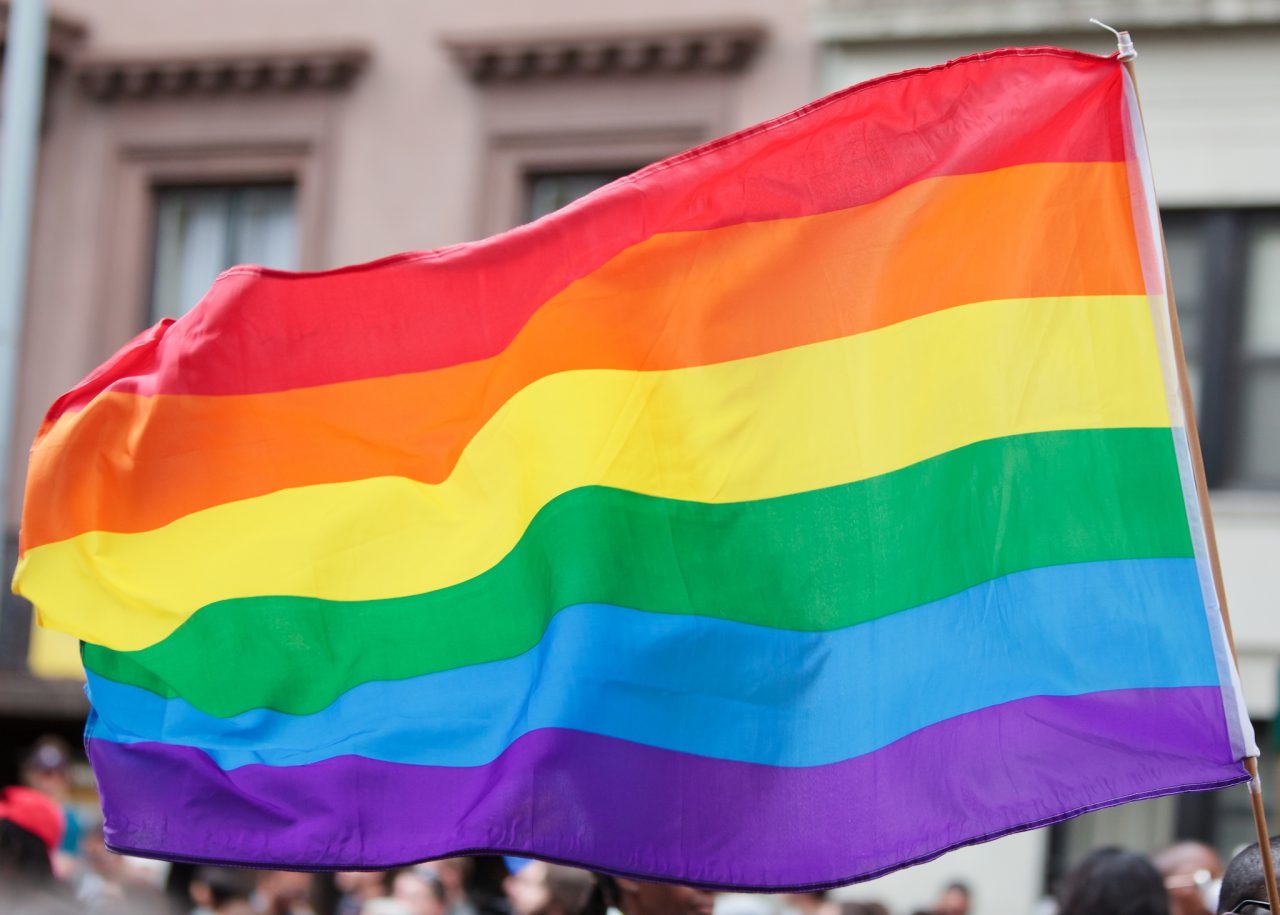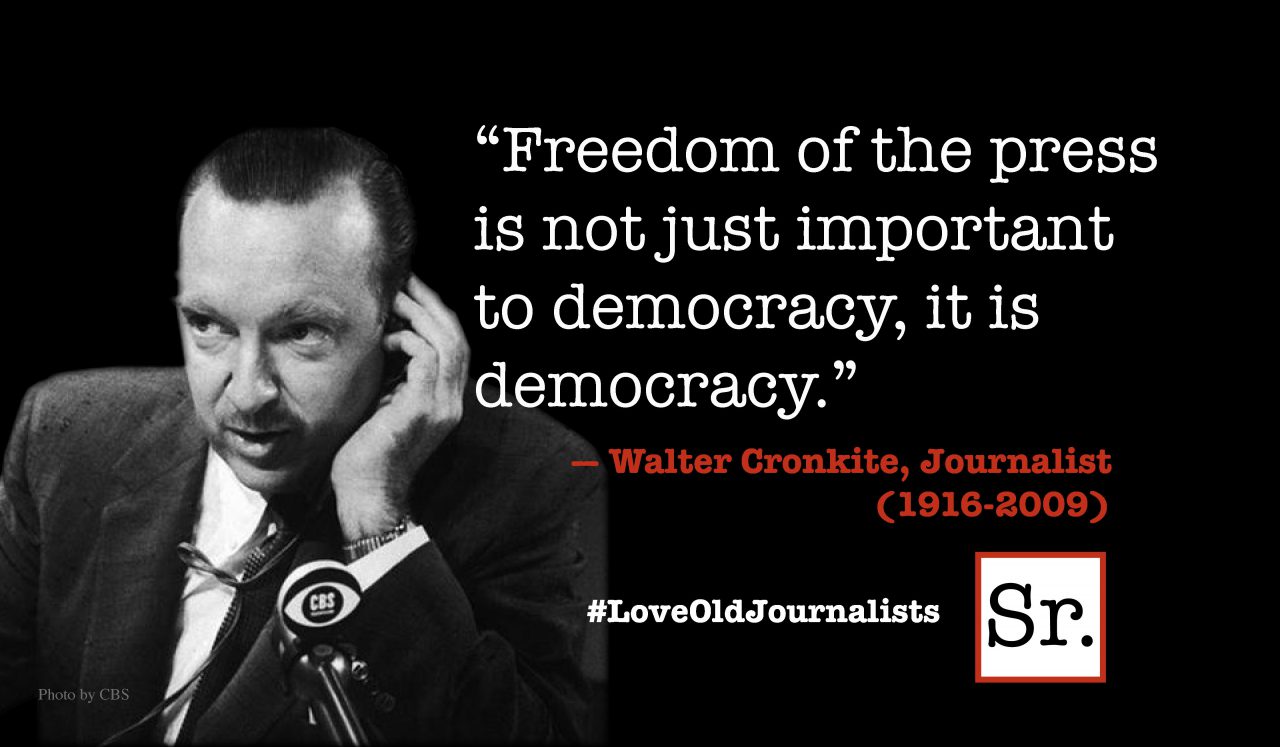“There’s an explosion of emphasis on gender in this country. Now we have ‘gender reveal parties’ held by the expectant couples. I want to tell new parents: stop being so possessed by gender!”
These words were uttered in exasperation by an obstetrician-gynecologist named Kari who specializes in maternal and fetal medicine.
Kari said she routinely sees how strict gender classifications, broken down by whether a baby has a penis or vagina, creates misogyny and barriers and ultimately dictates how children are raised in this country. “It makes me want to cry. I have to deal with this every single day,” she said.
She was moderating a discussion on gender — sponsored by Shenandoah Round Table, a forum for open discussion on various topics — and I was one of 11 other participants invited to explore this issue.
Gender isn’t a topic that I’ve thought much about in my five-plus decades on this planet. I was raised with the idea that there were two genders, male and female, and no shades of grey — at least not in public. Until the past few years, I had not questioned that basic understanding.
I have several family members and friends who are lesbian and gay, and I proudly support their right to live and love as they choose. Why not be challenged on my binary views regarding gender? I went to the discussion to participate, but primarily to learn.
The group assembled was diverse in age, backgrounds and experiences, and chosen specifically by the host for this reason. We were asked to read several articles and watch videos prior to the gathering including touching topics like gender in the workplace, the bathroom issue and state versus federal oversight, intersex individuals and gender-assignment surgery, transgender youth, and more.
Much of the initial discussion centered on how sports, from local soccer teams to college sports to the Olympics, should treat gender, especially as it relates to transgender individuals.
After all, the thinking goes, transgender males who are transitioning to female may be larger and stronger than their female competitors and may have an inherent competitive advantage. Conversely, females transitioning to males may be at greater risk for injury when playing larger, stronger opponents.
Jordan, who described him/herself as non-binary and doesn’t identify with either gender, said there are some sports that don’t necessarily offer a competitive advantage to either gender, including equestrian competition, golf, and downhill skiing, where concerns about transgender athletes aren’t valid.
However, even in a highly-gendered primarily female sport, such as roller derby, which Jordan plays, athletes vary in size, body shape, strength, endurance and skill level. “There is such enormous diversity within gender — possibly even more than between genders — that to put the burden on an athlete to prove that they are ‘enough’ of a gender to compete is ridiculous,” Jordan said.
But Ronald, a psychiatrist, said it’s legitimate to ask how far society should go to protect the rights of a small subset versus the larger group. In the case of athletics, for example, women have fought for decades to have their sports taken seriously and funded equally, he said.
Some women athletes, in fact, may take issue with a small group of transgender individuals who want to compete. And then there are simply those spectators who want to watch sports on TV and may not want their idea of athletics, or gender, to be challenged, he said. Gender neutrality may occur in sports eventually, he said, but there are valid concerns.
It could be that sports won’t be based on gender in the future, but purely on performance, conjectured Leslie, who heads a small university. Or, there might be three classifications of athletes: men, woman and “other,” she said.
Do we even need gender classifications in our society? And do these classifications promote understanding or create barriers? These timely questions sparked another round of intense discussion.
“I think of how big a deal gender is in this country, but I can’t think of a good example of why or when it really matters,” said Jordan.
Timothy said society’s emphasis on identity pressures people to act in certain ways. Timothy said he’s married to a woman but was in a relationship with a man for six years.
People at that time pressured him to describe himself as gay, but he resisted, because he was expected to “act gay,” he said. It’s similar with other descriptors, such as saying he’s a financial adviser and then “people assume I’m boring,” he said.
“I understand the need to belong to a group, it’s a really powerful thing among humans. But I have an inherent resistance to classifications because, identification is limiting. If there’s so much gray area when it comes to sexuality, what is the point of gender classification? What is the point of gender at all?” he asked.
Classifications aren’t simply gender specific in this society. Leslie said that after her divorce, she became more sensitive to how our society labels everything: from to gender, to marital status, to race and ethnicity, to religion, to age and income brackets.
“Why are we so moved in this culture to box people in?” she asked.
Other issues, from challenges specific to the transgender population, to children who are born intersex and how to raise them without gender identification, to why society marginalizes people who are different, were briefly discussed.
Can we create a world where gender classifications aren’t limited to binary definitions? There have been strides in this country to embrace gender as a spectrum and clearly the issue is being highlighted as never before, members of the group agreed.
But it will take education, enlightened parenting, and state and federal legislation to create a society where gender, along with race, color and religion, aren’t predominate factors in how society views individuals and individuals view each other, the panel agreed.
It was a long, thoughtful drive home that evening. My head swirled with the incredible conversation and depth of feeling on display. I won’t pretend to understand the multitude of issues facing those who question their gender, want to change their gender, or don’t identify with a gender.
I’ve learned, however, that discussing current issues in this way, with an open mind and an honest attempt to hear different perspectives, makes everyone sit a little taller, speak a little more thoughtfully, and listen a whole lot harder.
With the current atmosphere of angry discourse and political polarization, it’s not a bad way to approach every important topic of our time.
*To protect the privacy of the panel, I used pseudonyms for each speaker.









